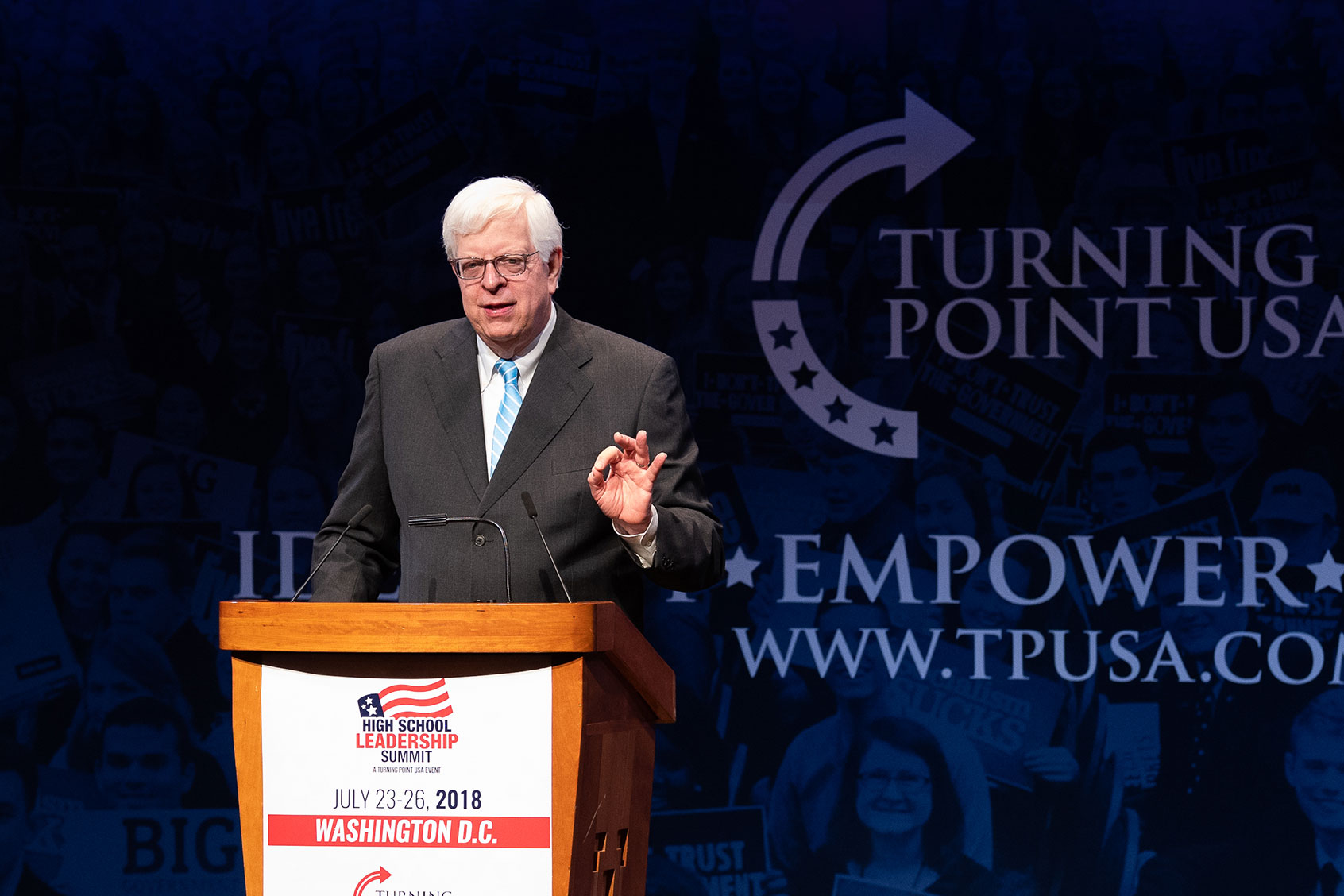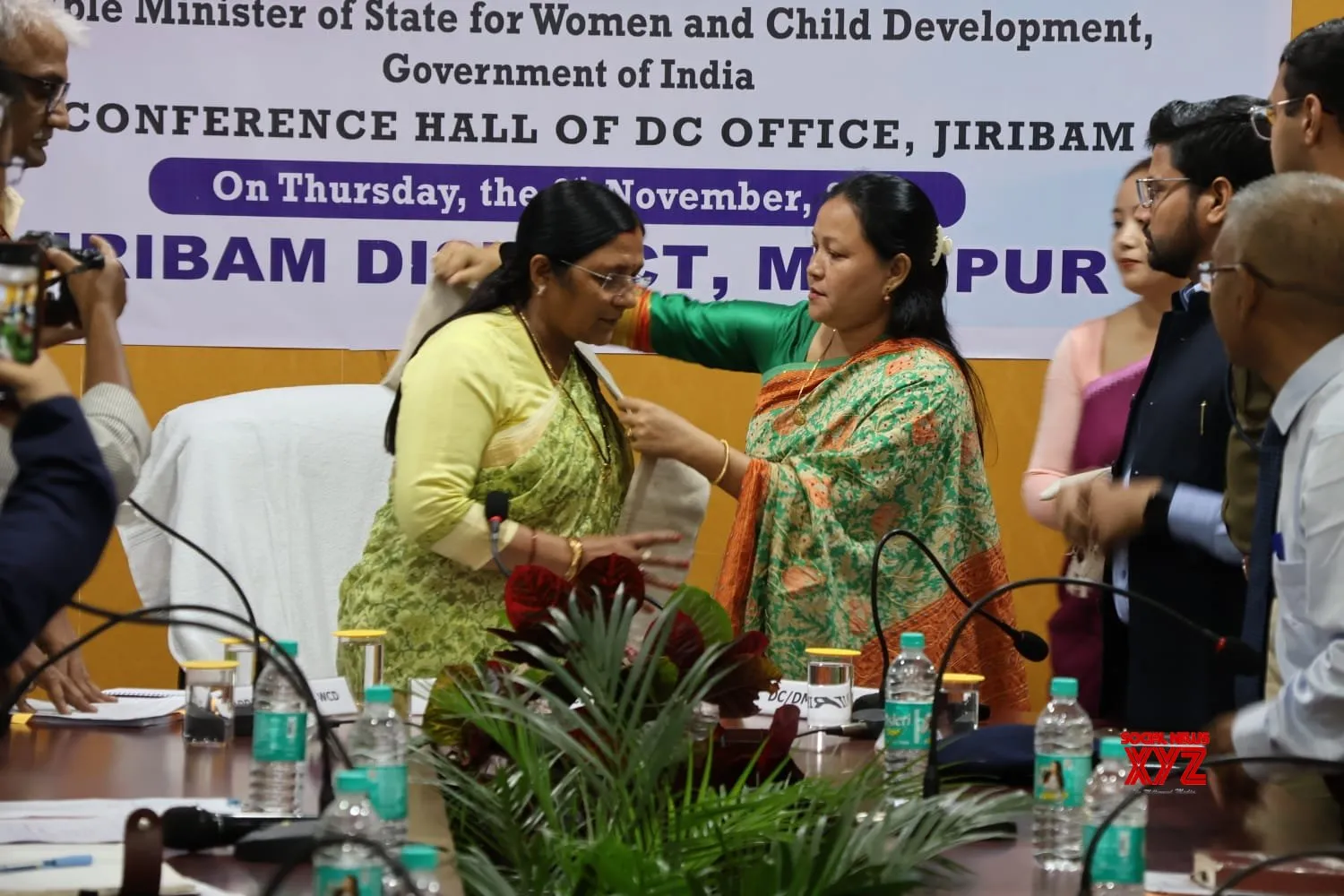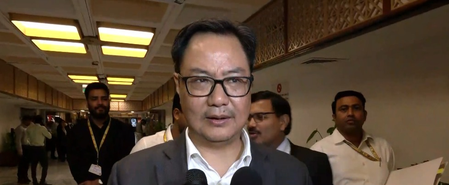Copyright independent

Mexico’s president says she will press charges after a man was caught on camera groping her during a public appearance. Claudia Sheinbaum said that Mexico needs to hear a “loud and clear no, women’s spaces must not be violated,” as she has called on states to improve legal procedures and make it easier to report assaults. The incident took place near the National Palace in Mexico City, sparking widespread outrage and raising questions about her security. “I decided to press charges because this is something that I experienced as a woman, and it is something women in our country go through,” she said. “If I don’t file a complaint, even though this is a crime, then what position does that leave all Mexican women in? “If they do this to the president, then what will happen to all the young women in our country? It is something that should not happen in our country. And I don’t say that as the president, but as a woman and as someone representing all Mexican women. “ “A line must be drawn”, she added. Footage of the incident shows a man approached Ms Sheinbaum from behind in Mexico City. The assailant attempted to kiss her on the neck and place his hands on the president during a public appearance as she mingled with citizens. Ms Sheinbaum moved away quickly and a member of her team stepped in. Mexico City mayor Clara Brugada announced overnight that the man had been arrested. The incident has sparked a national discussion, not only about the president’s security, but about the prevalence of harassment against women in the country. Andrea González Martínez, 27, who works for Mexican lender Nacional Monte de Piedad, said she has been harassed on public transport, and in one case the man followed her home. “It happens regularly, it happens on public transportation,” she said. Her coworker, Carmen Maldonado Castillo, 43, said she has witnessed it, adding: “You can’t walk around free in the street.” Ms Sheinbaum said on Wednesday that she understood just how widespread the problem was as she remembered the moment she was harassed on public transport on her way to school at just 12 years-old. Following the incident, the president has dismissed any suggestion that she would increase her security or change how she interacts with people. She explained that she and her team had decided to walk from the National Palace to the Education Ministry to avoid a 20-minute car ride in city traffic. Mayor Brugada used some of Ms Sheinbaum’s own language about being elected Mexico’s first woman president to emphasize that harassment of any woman – in this case Mexico’s most powerful – is an assault on all women. When Ms Sheinbaum was elected, she said that it wasn’t just her coming to power, it was all women. Mayor Brugada said that was “not a slogan, it’s a commitment to not look the other way, to not allow misogyny to continue to be veiled in habits, to not accept a single additional humiliation, not another abuse, not a single femicide more.” Lilian Valvuena, 31, said she didn’t think Ms Sheinbaum had really taken violence against women seriously until her firsthand experience. She hopes that work to better train police to respond will follow. “They have to prepare them,” she said. “They don’t know what protocols to follow.” One in three women in the Americas has experienced physical or sexual violence from a partner or by a third party at some point in their lives, a World Health Organization report this year revealed. In the first seven months of this year cases of femicide in Mexico dropped almost 40 per cent, compared to the same period in 2024, and intentional injuries against women decreased by 11 per cent, according to figures from the Federal Security Secretariat. Reyna indicated that the violence suffered by Mexican women is related to impunity, which she estimated at over 70 per cent, and added that this situation leads women not to report crimes. From 2019 to 2024, only 20 per cent to 30 per cent of women experiencing violence in Mexico, Argentina, Brazil, Chile, Ecuador, Honduras, Peru and Uruguay used state services specifically designed for them, according to a report by the Economic Commission for Latin America and the Caribbean (ECLAC) on femicide in the region. Political scientist Manuel Pérez Aguirre, a researcher at the Seminar on Violence and Peace at the College of Mexico academic center, argued that in the case of the president, there must be a “truly exemplary punishment” that serves as a clear message to sexual aggressors in Mexico.



